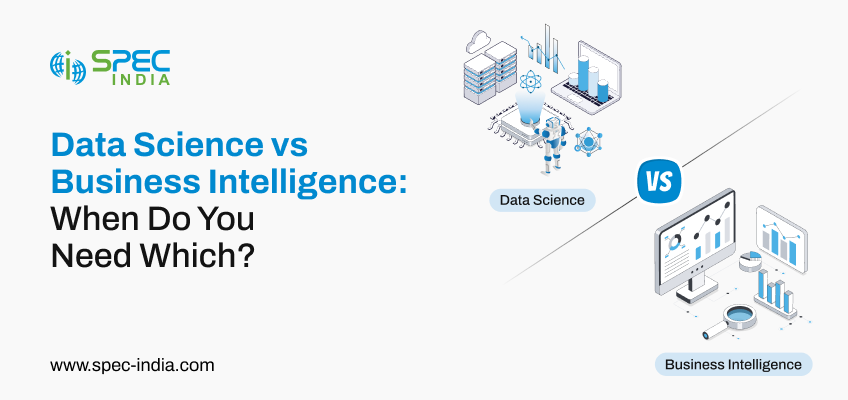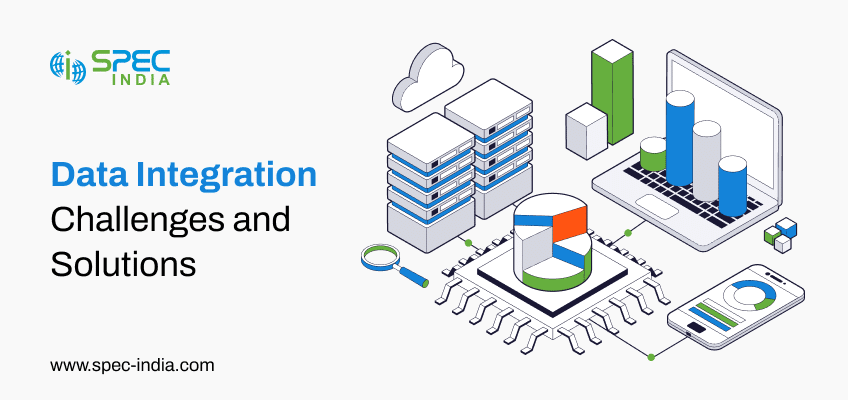
Data Science vs Business Intelligence: When Do You Need Which?
Data-driven decision making has moved from a competitive advantage to a baseline requirement for modern enterprises. According to Statista, the...

Best Practices for Building a Scalable Data Warehouse
The volume of data is increasing at a rate that most companies do not fully expect. Organizations today produce more...

Why Financial Institutions Use Databricks for Fraud Detection and Risk Analytics
Fraud detection in financial services is increasing at a rapid rate. According to industry research, financial institutions are losing billions...

Why Cloud Data Warehouses Are the Foundation of Modern Analytics Architecture
Many businesses do not fail because they lack data; they fail because their data is slow, scattered, and unreliable. Reports...

Why Enterprises Are Moving to SAP BO to Power BI Migration
Business intelligence in the enterprise is no longer merely about creating a pile of stagnant reports; it is about speed,...

Top Data Integration Challenges and How to Solve Them
With strong optimism, you kick-start a data project that includes dashboards, real-time insights, and automated workflows. However, you get a...

